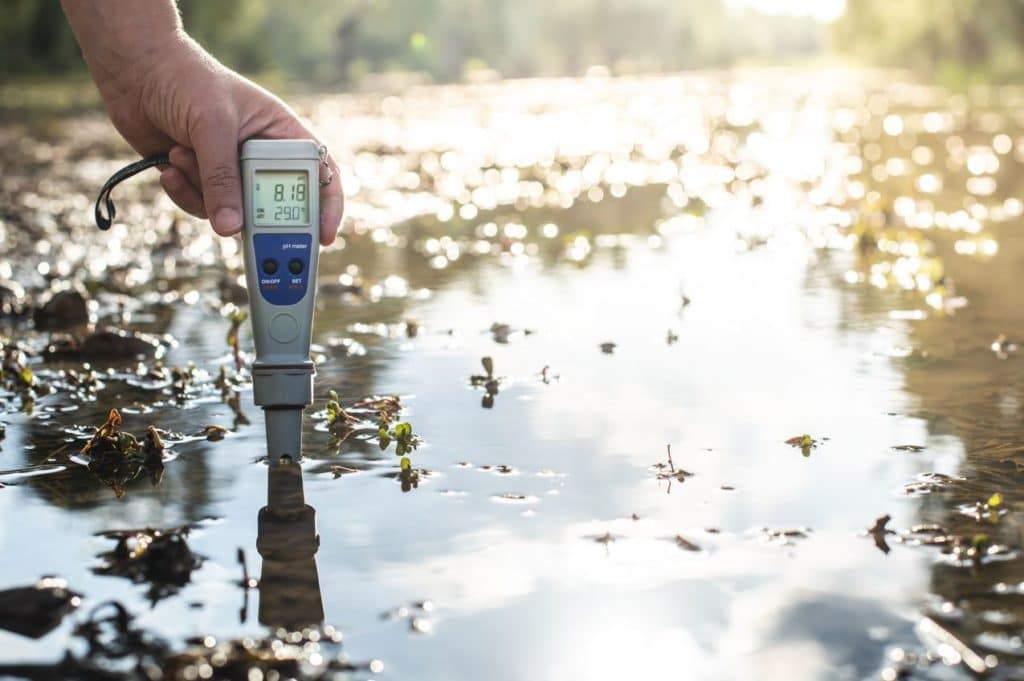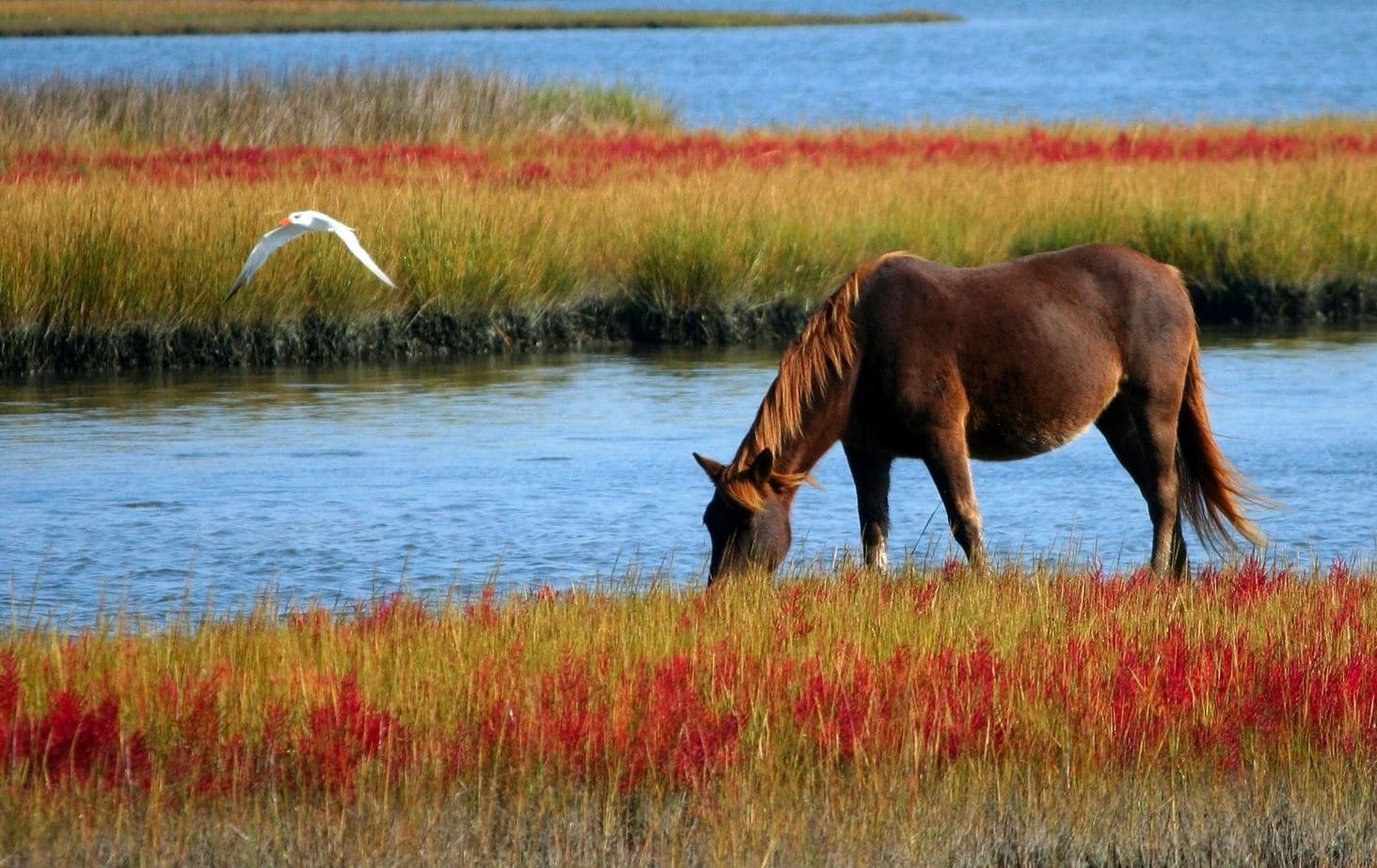Your horse must drink a sufficient amount of water every day to ensure its well-being and good health. A horse can drink between 25 and 75 liters of water per day, depending on the climate, its physical activity, the type of feed and the amount of moisture it contains.
How to adapt the amount of water for your horse according to his lifestyle?
Water quality is essential for your horse’s health
A horse on grass drinks relatively little water: between 10 and 20 liters depending on the season, because grass contains a lot of water. On the other hand, horses in the stable with manufactured feed and dry fodder will need much more water.
A horse will not drink dirty or polluted water. If it does not drink enough, the risk of colic increases. Feces should be checked to make sure they are not hard and dry.
If horses drink from buckets, these should be washed daily. The 500 liter water tanks should be thoroughly cleaned with a brush every two weeks.
Nowadays, waterers are often automatic, but care must be taken to ensure that they work properly and are clean.
For horses that drink from buckets, feed should be given after the horse has drunk to prevent possible stomach upset.
In winter, it is necessary to check that the large water tanks are not frozen and the ice must be broken up every day, if necessary. A piece of wood floating above the water delays the formation of ice.
It is best to keep horses in the stall until late in the morning to prevent them from drinking ice water, which can cause colic. The same applies to frosted grass, which can cause colic and abortion in mares.
Wait for the sun to warm up the pasture before letting the horses out.
Analyze the water your horse drinks to avoid intestinal problems
It is advisable to perform a bacteriological and chemical analysis to measure the presence of nitrates, nitrites and heavy metals when using water from a well. These analyses are not very expensive compared to a visit to the veterinarian!
If your water comes from the tap, there is nothing to stop you from checking its quality. The water is probably good for you and your family, but after heavy rains, it may contain large amounts of chlorine, which is not appreciated by your horse’s intestinal flora.
A water specialist can give valuable advice and water filters (carbon…) could be installed.

After sustained exercise, be sure not to give large amounts of water and especially not cold water to avoid “water colic”. It can also be useful to add a little salt to the water to compensate for the loss of minerals during perspiration (10 liters per hour). A horse also needs a supply of electrolytes (sodium, potassium, chlorine) to help it recover quickly from the effort.
Be careful! A dehydrated horse will not automatically drink.
It is not unusual for riders to bring their own drinking water to endurance trials. A horse is very picky about the water it drinks, some may refuse to drink if the water tastes strange.
A lactating mare must be able to drink enough water to produce enough milk. A sport-oriented mare produces 15 to 18 liters of milk per day, while a heavy mare can produce up to 25 liters per day.
Yet another good reason to monitor the quality and quantity of this “most important” horse food: WATER.



